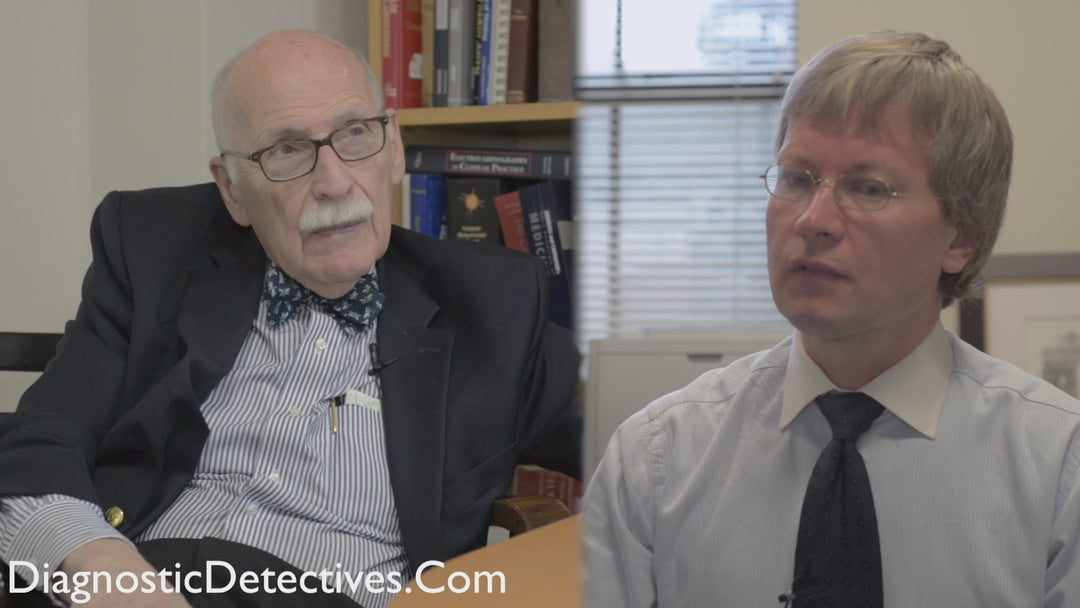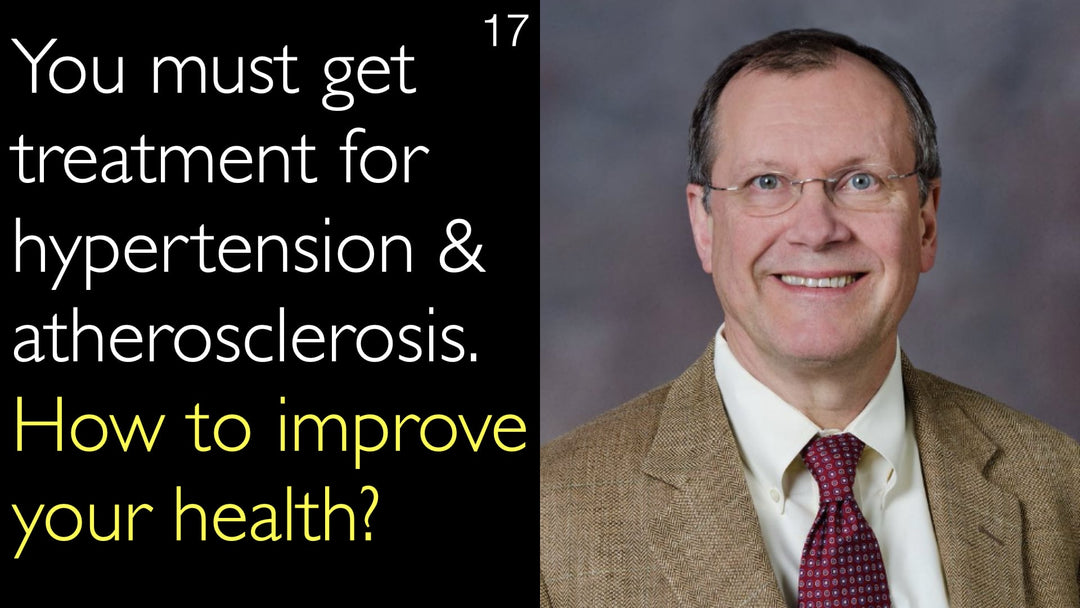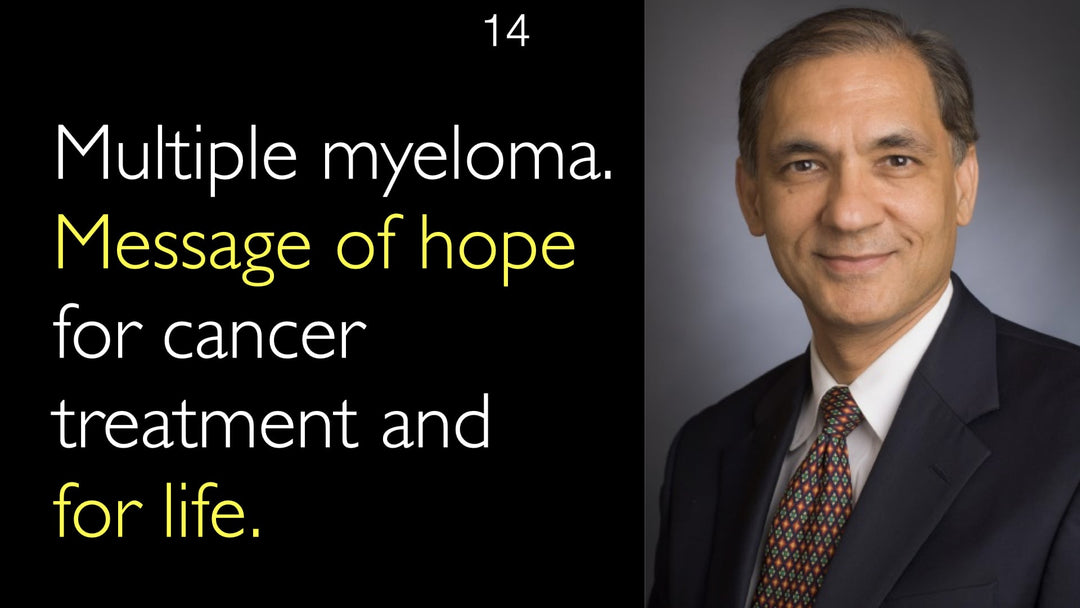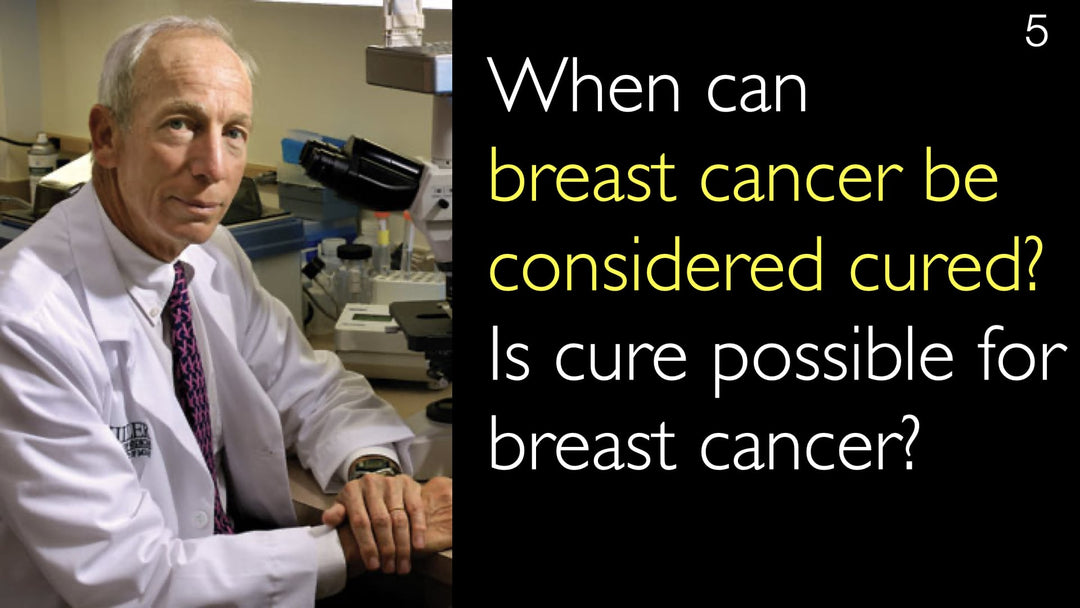Leading expert in internal medicine, Dr. Marshall Wolf, MD, explains the primary care physician shortage crisis. He reveals that only 12% of internal medicine trainees plan to become primary care doctors. Dr. Wolf identifies better pay, prestige, and hours as key reasons doctors choose subspecialties. He advocates for a systemic solution that increases primary care physician salaries. This approach mirrors successful policies implemented in Great Britain.
Solving the Primary Care Physician Shortage: Incentives and Systemic Reform
Jump To Section
- The Primary Care Crisis and Concierge Medicine
- Alarming Statistics on Internal Medicine Trainees
- Why Subspecialties Attract More Doctors
- The British Solution: A Model for Change
- A Personal Anecdote on Physician Salary Disparity
- The Path to Systemic Reform and Rational Care
- Full Transcript
The Primary Care Crisis and Concierge Medicine
Dr. Marshall Wolf, MD, begins the discussion by highlighting a critical trend in modern healthcare. Many primary care physicians are now restricting their practice to "concierge medicine." This model allows doctors to provide more attentive care to a smaller panel of patients. However, this shift has a significant downside for the broader population. A vast number of patients are consequently getting less and less face time with their physicians. Dr. Anton Titov, MD, raises the crucial question of what the solution might be for this deteriorating patient-doctor relationship.
Alarming Statistics on Internal Medicine Trainees
The conversation takes a startling turn with a revealing statistic. Dr. Marshall Wolf, MD, cites a recent article from the American Journal of Family Medicine. The data shows that only 12% of doctors completing internal medicine internships in the United States want to become primary care physicians. This means a staggering 88% of these trainees are choosing to enter medical subspecialties instead. This pipeline problem directly fuels the growing shortage of general internists and family doctors. It creates a fundamental imbalance in the healthcare workforce that affects patient access to care.
Why Subspecialties Attract More Doctors
Dr. Marshall Wolf, MD, is very clear about the reasons behind this career choice imbalance. He identifies three powerful incentives drawing new doctors away from primary care. Subspecialists enjoy considerably more prestige within the medical community. They also typically have better, more controllable working hours. Most significantly, subspecialists earn "a lot more money." This financial disparity is not minor. Dr. Wolf later illustrates it with a personal story, comparing an internist's annual salary to an ophthalmologist's monthly earnings.
The British Solution: A Model for Change
Dr. Marshall Wolf, MD, proposes a clear and proven solution to this systemic issue. He points to the successful approach taken in Great Britain. There, health system leaders made a conscious policy decision to raise the salary for primary care physicians considerably. This single financial intervention had a direct and positive outcome. The change resulted in plenty of general practitioners choosing to enter and remain in the field. Dr. Wolf argues that the United States must follow this model to ensure an adequate supply of primary care doctors.
A Personal Anecdote on Physician Salary Disparity
To underscore the extreme nature of the pay gap, Dr. Marshall Wolf, MD, shares a revealing personal story. A physician-patient of his, who had written a book on healthcare systems, accused him of never discussing money. Dr. Wolf responded that he felt he had the best job in American academic medicine and never expected great wealth. However, when pressed, he admitted it was unfair that his annual salary as a senior internist equaled what an ophthalmologist made in a single month. The patient's shocking reply was surprise that Dr. Wolf made that much money, highlighting deeply skewed expectations.
The Path to Systemic Reform and Rational Care
Dr. Marshall Wolf, MD, remains hopeful that change is possible despite the current challenges. He acknowledges that American medicine is in a state of flux due to political factors. Ultimately, he believes the system will become more rational. People will recognize the fundamental need for more primary care doctors than subspecialists. This realization will force a re-evaluation of financial incentives within the healthcare system. Dr. Wolf concludes that while it won't be easy, there is plenty of money in the system; it is simply maldistributed, favoring procedure-based specialties over comprehensive care.
Full Transcript
Dr. Anton Titov, MD: Many primary care physicians in the United States now restrict their practice to "concierge medicine." That happens in other countries too. Physicians want to provide better medical care to patients. But, on the other hand, a lot of patients are getting less and less face time with their physicians. Patients have less opportunity to meet their primary care physician. What would be the solution for that situation?
Dr. Marshall Wolf, MD: That is a different issue. It is interesting. This month's American Journal of Family Medicine published an article that shocked me. It says that of the people who do internal medicine internships in the United States, only 12% want to be internal medicine or primary care physicians.
Dr. Marshall Wolf, MD: The rest are all going to subspecialties. The reason for that is sub-specialists have more prestige, better hours, and a lot more money. If we want to fix this situation, we have to do what was done in Great Britain. I happen to know what they did. They raised the salary for primary care physicians considerably. Then they had plenty of general practitioners.
Dr. Marshall Wolf, MD: We are going to have to do that. When you have very few physicians, they are going to be very busy. When you have enough physicians, then their life will be more tolerable. I do think we have to address that.
Dr. Marshall Wolf, MD: I will tell you a funny story. One of my physician-patients wrote a book about comparative health care systems. Then was on all the national television shows. He came back to talk to me. He was talking about money and physicians. Then he accused me of never talking about money.
Dr. Marshall Wolf, MD: I told him I thought I had the best job in American academic medicine. I was a poor kid and never expected to make a lot of money. But since he pushed me, I said this. I did think it was unfair that as a senior internal medicine physician I made the same salary in a year what an ophthalmologist made in a month.
Dr. Marshall Wolf, MD: He told me he was surprised that I was making that much money. Expectations! Yeah… You are going to pay an internist a one-tenth of what ophthalmologist makes. Then you say, "I wonder why people want to do ophthalmology rather than internal medicine.” But it is internal medicine that covers everything!
Dr. Marshall Wolf, MD: Now, listen, it is fun. In some ways medicine is one of the few games with this rule. They pay more for the person who specializes in moving the rooks than for the person who looks at the whole chessboard. A conductor! Yeah.
Dr. Anton Titov, MD: Do you think it will change?
Dr. Marshall Wolf, MD: Ah, I hope so. We will eventually change. Right now American medicine is in flux because of what's going on in Washington. But at some point we will have a rational medical system. People will look at the system and say this: "We need more primary care doctors than we need subspecialists.”
Dr. Marshall Wolf, MD: At that point they will figure out. They are going to have to change the financial incentives. I don't think that will be easy, but there is plenty of money in the system. Money is just maldistributed. Guess who is paid better? Those who ‘move the rooks’ or those who ‘look at all chessboard’?
Dr. Marshall Wolf tells a remarkable story on financial incentives in modern healthcare.







